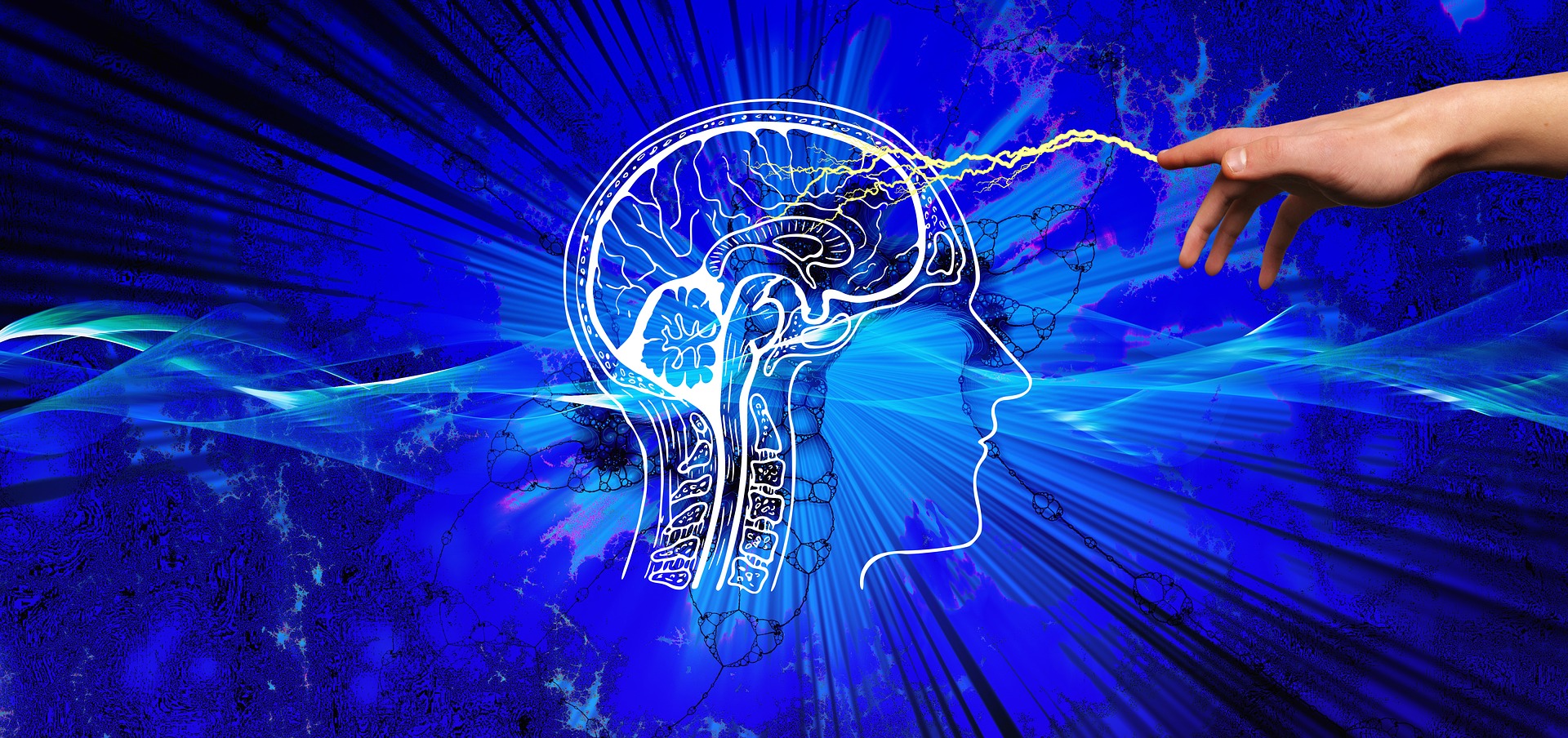To diagnose ABI, doctors perform a series of tests. Most people with the condition already have a brain scan, but other tests may be necessary. These tests assess a person’s memory, thinking abilities, and daily activities to determine the severity of the problem. Even if the scan is clear, the symptoms of ABI may remain undiagnosed for some time. However, if the doctor notices a pattern of problems, he may recommend other forms of Acquired Brain Injury Treatment options.
CBT
Cognitive-behavioral therapy (CBT) has been proven effective in treating various conditions, including traumatic brain injury. Developed from psychological theories, CBT focuses on helping patients recognize and change unhealthy thinking patterns. During a session, cognitive therapists help patients identify the thoughts that fuel their anxiety and teach them how to change their thinking patterns to combat their distress. CBT is one of the most scientifically-proven forms of psychotherapy.
A multicenter randomized controlled trial, BrainACT, is underway to determine whether CBT is effective in treating people with traumatic brain injuries. Specifically, it will test whether CBT can help individuals with acquired brain injuries reduce their levels of anxiety and depression. The study will compare the effectiveness of CBT versus a control intervention involving relaxation and psycho-education. Primary outcomes will be measured using the Hospital Anxiety and Depression Scale and the Depression Anxiety Stress Scale. Researchers will assess each participant’s baseline and posttreatment measures at three and six months. If this intervention is effective, it could help a significant number of individuals with acquired brain injury.
PT
Aside from physical therapy, occupational therapists perform a crucial role in a patient’s recovery. Both types of therapies use the principle of neuroplasticity to promote new neural pathways and decrease symptoms of acquired brain injury. Speech therapy, meanwhile, is an integral part of PT for acquired brain injury treatment, as it can help people with communication disorders and cognitive deficits improve their quality of life.
Acute trauma to the head, such as a car accident or a motorcycle accident, can cause damage to the brain. These types of injuries typically result in bruising or pressure on brain tissue. They can cause local or widespread damage. Damage can also occur to bones and muscles. The effects of traumatic brain injury can range from temporary to permanent. If the injury is severe, the patient may require rehabilitation for years. During the recovery period, patients should attend physical therapy for a few weeks.
OT
Occupational therapy for acquired brain injury (ABI) aims to help the patient develop the skills necessary to perform the occupations they need. The therapist uses grading to provide systemic instructions and graded prompts during task performance. A common goal is to improve the patient’s memory performance. Occupational therapy for ABI can help patients improve their ability to learn, perform daily tasks, and maintain independence.









